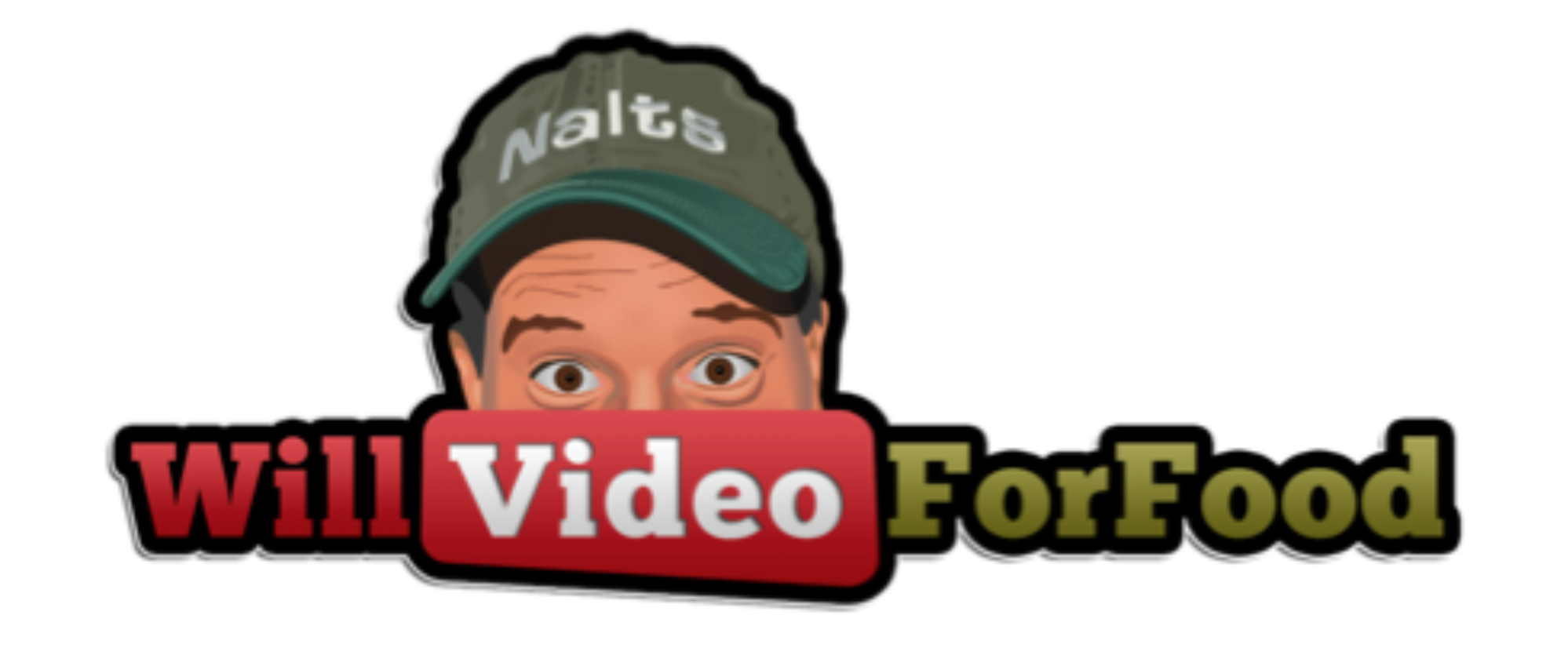Google Gets “Snapple” of a Deal on YouTube Buy
 Final thought today on the YouTube purchase by Google. This morning I had the pleasure of listening to Grant McCracken speak about ethnology (see his blog for a definition). He cited an example to show the importance of well-conducted consumer research — the Quaker/Oats Snapple aquisition.
Final thought today on the YouTube purchase by Google. This morning I had the pleasure of listening to Grant McCracken speak about ethnology (see his blog for a definition). He cited an example to show the importance of well-conducted consumer research — the Quaker/Oats Snapple aquisition.
BOOM- what a great anaology for today! Not only is Google paying almost exactly for YouTube what Quaker paid for Snapple, but the analogy just keeps fits at so many other levels. Mark my lil’ blog words… Google will sell YouTube for $300 million in a few years. Maybe Triarc will buy it.
Cast Study Source: Brandchannel.com:
- In 1994, Quaker Oats bought Snapple Beverage Co. for US$ 1.7 billion, hoping to leverage its success with Gatorade (which it acquired and 1983 and which now holds around 80 percent of the US sports drink market) and expand its beverage presence.
- Surprisingly, the savvy management that worked so well with Gatorade — sales increased from US$ 100 million to 1.3 billion in a decade — fell flat with healthy, alternative, mom-and-pop Snapple. Considering the emphasis on health and traditional wholesome goodness of the cereal and snacks divisions, it seems hard to imagine that Quaker couldn’t succeed with an equally wholesomely branded beverage.
- What went wrong? Snapple was an up-and-coming brand when Quaker bought it. It had a small distribution network of delis and quick stops and was branching into supermarkets. A fiercely loyal consumer base, weaned on “Wendy” the Snapple Lady, were attracted by the scrappy small brand feel of Snapple.
 Under Quaker’s ownership, Wendy got sacked and the brand got a slick makeover, losing the charm it once held.
Under Quaker’s ownership, Wendy got sacked and the brand got a slick makeover, losing the charm it once held.
The distribution process, which was intended to improve both Gatorade and Snapple sales by getting Gatorade into the delis and Snapple into the supermarkets, backfired when Snapple distributors declined to cooperate by sharing their distribution channels. Even the resizing, offering Snapple in large bottles like Gatorade, turned off consumers who preferred the traditional single-sitting sizes to a daylong jug.
Snapple tried several campaigns to jumpstart the brand, even quitting all advertising in the summer of 1995, but in 1997, Quaker sold Snapple for a measly $300 million to Triarc (which has since turned it around).

Although I don’t think that Google’s purchase was a good move on their part, since it is a search engine, will this aquisition benefit youtube submitters even more? I have wondered about that. Maybe there will be more youtube video results when people are searching online on google for certain tags or subjects. If so, that will definitely add more visibity to the videos that are on youtube.
Well in a study it shows that Snapple is the #1 drink that will dissolve your teeth. Hopefully, YouTube won’t dissolve Google.
you make alot of god damn sense!!!
I think it does help YouTubers now that the business is a) sustainable for a while, b) not going to be squashed by “big media,” and c) YouTubers have a much better chance of making money via Google. It was clear the YouTube folks weren’t much on paying for the content that attracted the eyes that got them ad revenue.
Ben- thanks. Theo- worse than Coke? Is it the 45 grams of sugar?
-K
Indeed nalts. Coke was the lowest on the test of ten actually. Surprising fact of the day couple with the amazingly surprising analysis.
Does anyone remember when James Cameron proclaimed he was “The King Of the World” in his oscar acceptance speech?
YouTube is insanely profitable, this guy says:
http://www.watchmojo.com/web/blog/?p=500
Nice- I was looking for someone to do that analysis for me. It hurts my brain.